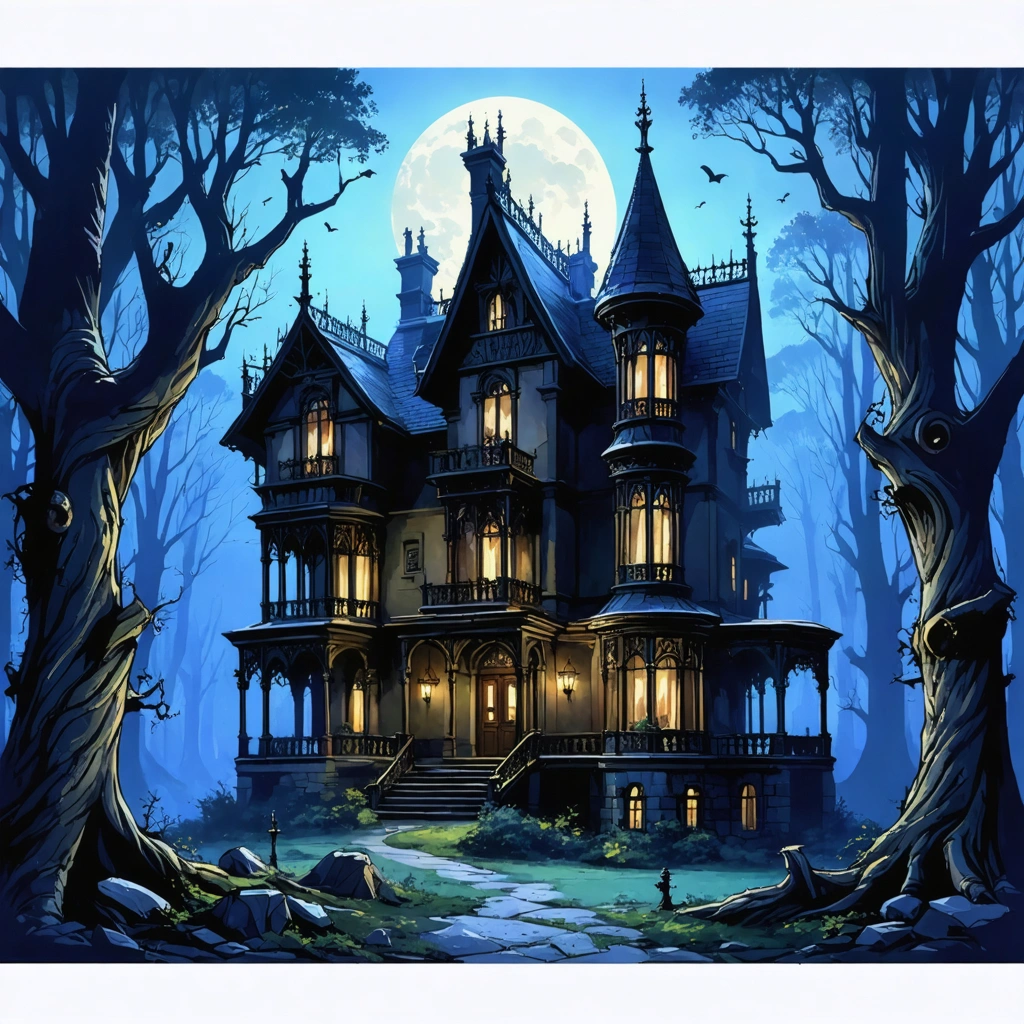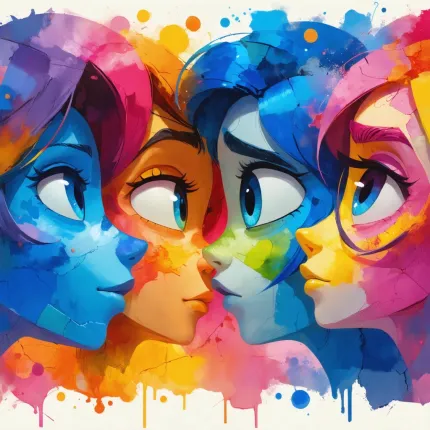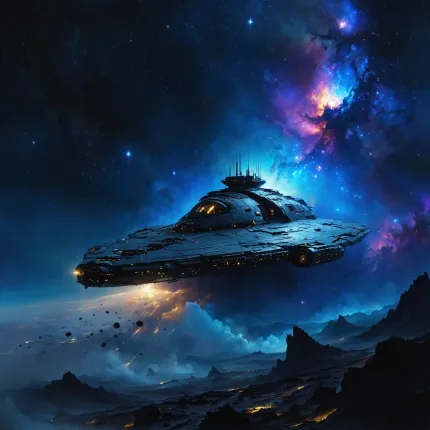
Unveiling the Dark Romance Meaning
Have you ever felt drawn to a story that thrums with a magnetic tension—where love isn’t just sweet or simple, but raw and electric, tangled with shadows? That’s the essence of dark romance. Unlike your classic fairy tale romance, dark romance novels invite readers into a world where passion collides with complexity, where characters grapple with their deepest fears, desires, and often taboo themes. But what exactly is dark romance? And why does it captivate such a devoted audience?
At its core, the dark romance meaning revolves around love stories that don’t shy away from the gritty, the forbidden, or the morally ambiguous. These narratives delve into characters’ psyches who might be flawed, damaged, or navigating dangerous circumstances—not just external conflicts, but internal battles that make their love stories pulse with intensity. It’s not about perfect love; it’s about love that is real, visceral, and sometimes unsettling.
Why Dark Romance Novels Resonate So Deeply
It’s easy to dismiss dark romance as niche or even off-putting if you’ve only skimmed the surface. Yet, the genre’s popularity has surged dramatically in recent years, revealing a hunger among readers for stories that challenge the neat boundaries of traditional romance. Why?
Let’s consider the emotional landscape these novels traverse:
- Complex Characters: Heroes and heroines who aren’t flawless but layered, filled with contradictions that make them feel human.
- Taboo and Forbidden Themes: Exploring societal boundaries and personal limits, these stories often confront subjects like obsession, power struggles, and morally grey choices.
- Psychological Depth: The narratives dive into trauma, redemption, and the darker facets of human nature, giving readers a cathartic experience.
- Intense Passion: The love depicted is fierce and consuming, often marked by high stakes and emotional turmoil.
So, whether you’re a seasoned reader of romance or someone curious about why these novels generate such fervor, understanding the appeal of dark romance helps unravel its magnetic pull.
What This Article Will Explore
This post aims to guide you through the intriguing world of dark romance novels, starting with a deeper understanding of what the genre encapsulates. You’ll discover how dark romance meaning transcends mere storytelling to touch on fundamental human emotions and taboos. We’ll look at why readers find these stories so compelling, and what makes dark romance stand apart in the crowded landscape of romance fiction.
Along the way, expect insights into the themes that frequently appear in dark romance novels, examples of beloved titles that exemplify the genre, and reflections on how these stories challenge and enrich the concept of love itself. Whether you’re seeking your next gripping read or simply fascinated by the darker edges of romance, this article will illuminate why dark romance holds a unique, intense place in the hearts of many.
Ready to step beyond the conventional and explore love’s intense edge? Let’s dive into the provocative, passionate, and profoundly human world of dark romance.

Understanding Dark Romance: Love’s Intense Edge
What is the Dark Romance Meaning?
Dark romance is a subgenre of romance fiction characterized by its exploration of intense, often taboo or morally complex themes within romantic relationships. Unlike traditional romance novels that typically focus on uplifting, hopeful love stories, dark romance delves into the shadows of human emotion and psychology, weaving passion with elements such as obsession, power struggles, trauma, and redemption.
The dark romance meaning extends beyond just the presence of conflict or tension; it often involves characters facing inner demons, navigating toxic or complicated dynamics, and sometimes confronting societal boundaries or forbidden desires. These stories can challenge readers with their raw, edgy content while still providing emotional depth and connection.
Why Do Readers Gravitate Toward Dark Romance Novels?
Dark romance novels appeal to readers for several reasons:
- Emotional intensity: The heightened stakes and complex characters create a gripping narrative that keeps readers emotionally invested.
- Exploration of taboo themes: Topics such as forbidden love, power imbalances, and psychological trauma are explored, providing a cathartic or thought-provoking experience.
- Character complexity: Protagonists and antagonists in dark romance often have multifaceted personalities, making the story more realistic and engaging.
- Redemption arcs: Many dark romance novels focus on healing and growth, offering hope amid darkness.
According to recent publishing trends, dark romance has seen a significant rise in popularity, especially on digital platforms where readers seek niche genres. For example, Amazon’s Kindle Store reports that dark romance titles consistently rank highly within the romance category, reflecting growing demand.
What Are Some Popular Dark Romance Novels to Read?
If you’re interested in exploring dark romance novels, here are several highly regarded titles that exemplify the genre’s depth and intensity:
- "Captive in the Dark" by C.J. Roberts — This novel is a classic example of dark romance, featuring themes of captivity, power exchange, and psychological complexity.
- "Raw"* by Belle Aurora — A story of trauma, healing, and intense passion that explores difficult emotional territory with sensitivity.
- "The Dark Duet"* series by C.J. Roberts — Known for its gritty and raw portrayal of dark romance dynamics, this series has a strong following.
- "Consequences"* by Aleatha Romig — A psychological thriller-romance hybrid that dives into manipulation and trust issues.
These novels demonstrate the range within dark romance—from suspenseful, thriller-like plots to deeply emotional and transformative stories.
How Does Dark Romance Differ From Other Romance Subgenres?
While all romance subgenres focus on relationships, dark romance stands apart due to its thematic focus and tone:
- Theme Complexity: Dark romance often includes darker psychological or societal themes that are less common in contemporary or historical romance.
- Emotional Tone: The tone is usually more intense and sometimes unsettling, reflecting the complexity of the characters’ circumstances.
- Moral Ambiguity: Characters in dark romance may exhibit morally gray behavior, challenging readers to empathize with imperfect individuals.
- Content Warning: Dark romance novels frequently contain mature content, including violence, abuse, or other sensitive topics, requiring reader discretion.
In contrast, subgenres like sweet romance or chick lit tend to focus on lighter, more optimistic narratives with minimal conflict or taboo topics.
What Are Important Considerations When Reading or Writing Dark Romance?
Because dark romance often explores sensitive and challenging subject matter, both readers and writers should approach it thoughtfully:
- Content warnings: Authors should provide clear warnings about themes such as abuse or trauma to prepare readers emotionally.
- Respectful portrayal: Writers should handle complex themes responsibly to avoid glamorizing harmful behaviors.
- Emotional readiness: Readers should assess their comfort level with intense or triggering content before engaging with dark romance novels.
- Community discussions: Engaging in reader forums or book clubs focused on dark romance can provide support and deeper understanding.
By recognizing the depth and challenges of the genre, both creators and consumers can appreciate dark romance’s unique contribution to the literary landscape.
Conclusion: Embracing the Complexity of Dark Romance
Dark romance novels offer a powerful blend of passion and psychological depth, inviting readers into worlds where love is complicated by darkness and taboo. Understanding the dark romance meaning and exploring key titles can enrich one’s appreciation of this intense genre. Whether you are a reader seeking emotionally charged stories or a writer aiming to craft nuanced narratives, dark romance provides a compelling space to examine the edges of love’s intensity.



